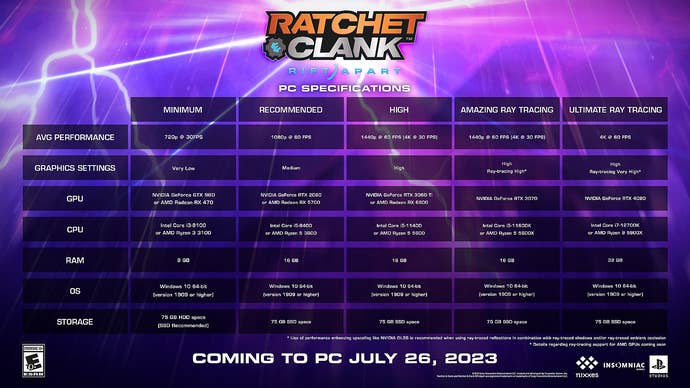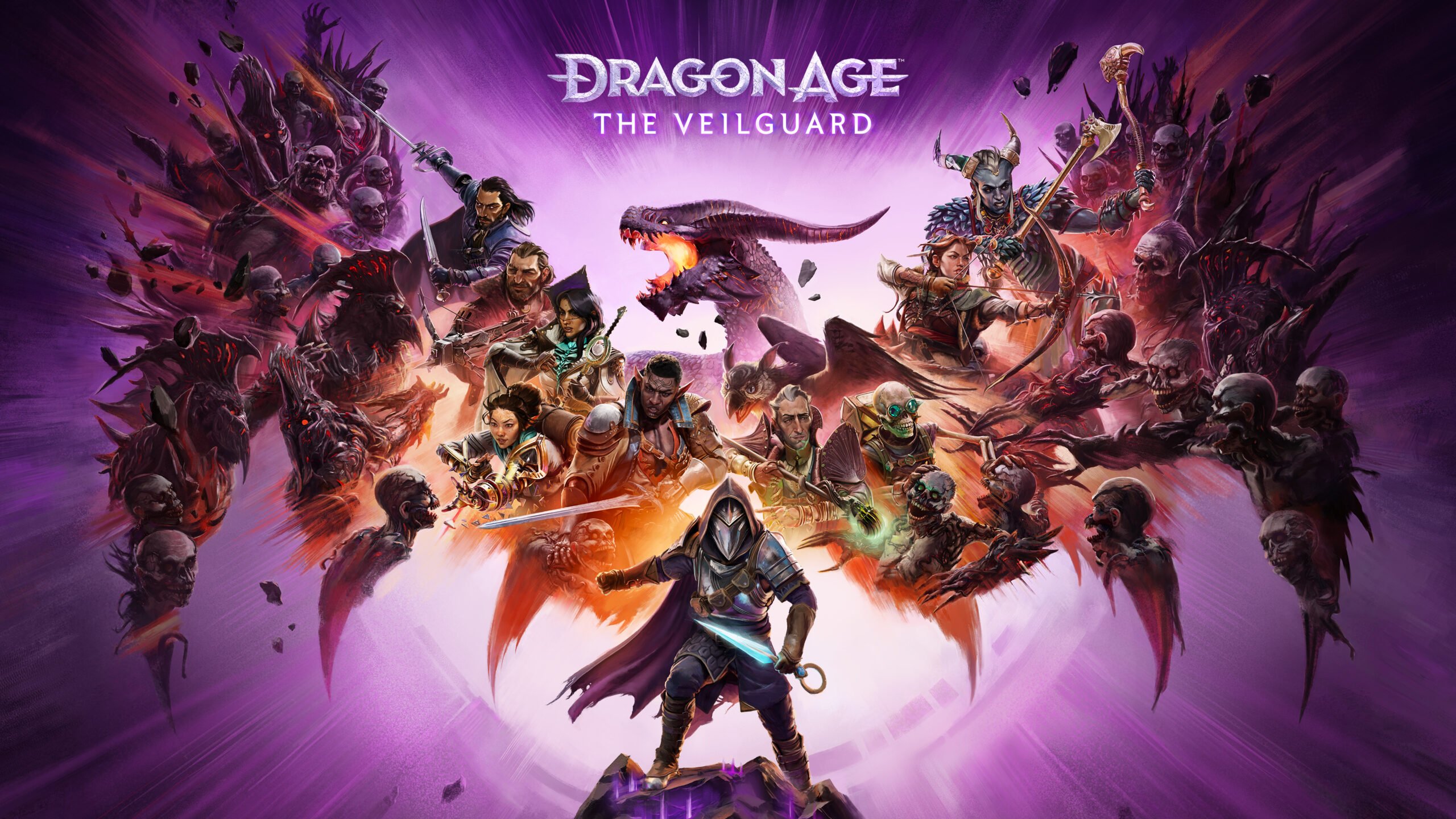Next week, July 26th, Ratchet and Clank: Rift Released on PC, to get you up to speed Sony and Nixxes Software have provided details on the technology used and system requirements.
One thing worth noting about the PC version: the developers It is recommended that you use a solid state drive rather than a hard drive. While you can play Ratchet & Clank: Rift Apart on an HDD with the minimum system requirements, the studio encourages you to use an SSD in conjunction with the recommended system requirements or higher in order to experience the game as originally intended.
To make sure things run smoothly, the Nixxes team implemented Direct Storage 1.2, including GPU decompression. This is to ensure fast loading and instant transitions between dimensions, as it allows fast loading of resources.
DirectStorage ensures fast load times and at high graphics settings uses GPU decompression to transfer assets in the background while playing. Typically, this is handled by the CPU, but having the GPU handle it can provide higher bandwidth for streaming assets from storage to the graphics card.
The team also added adaptive streaming based on real-time measurements of available hardware bandwidth. So, thanks to DirectStorage and fast NVMe SSD and GPU decompression, responsive texture streaming is possible even at the highest settings.
DirectStorage was developed to take advantage of the speed of fast PCIe NVMe SSDs, but is also compatible with SATA SSDs and even traditional hard drives.
When the PC version was announced, it was revealed that the game would feature ray-traced reflections and ray-traced shadows. Today Nixxes announced that it will also offer options for ray-traced ambient occlusion and XeGTAO, Intel’s implementation of Ground-Truth ambient occlusion. The latter generates very high-resolution ambient occlusion, showing the smallest details in geometry at a very high output, resulting in a “pleasing look”.
You can check out the full specs for the PC version of Ratchet and Clank: Rift below.
Details on AMD GPU ray tracing support will be forthcoming.









